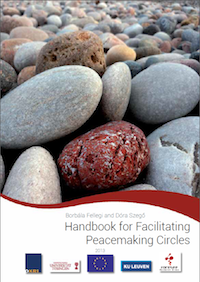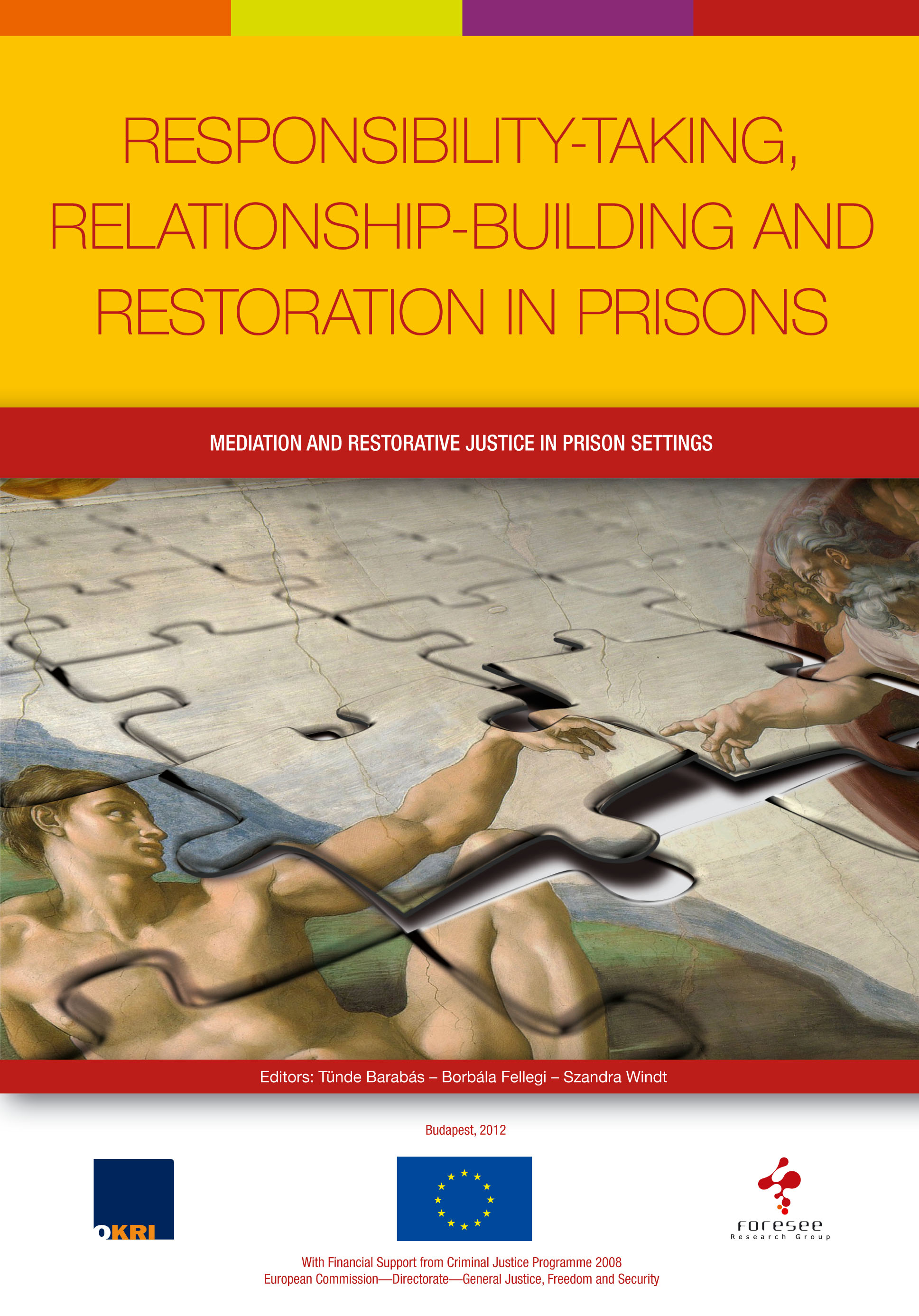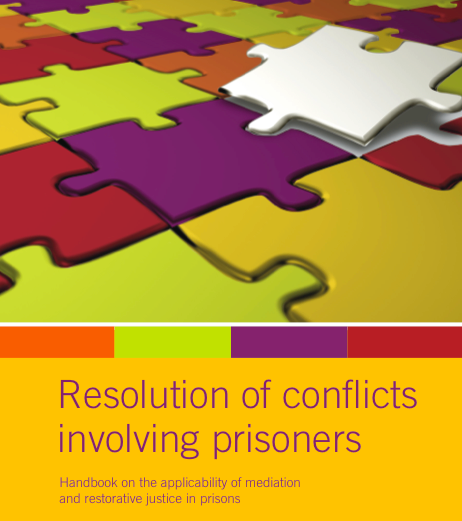
Research
Scientific work and research are our most important activities. Thanks to its specialists in the relevant research fields, Foresee can conduct qualitative and quantitative research tailored to its projects and clients’ needs in the areas of sociology, criminology, social policy, law, political science, economics, psychology and communication science.
The CEO of Foresee, Dr. Borbála Fellegi - as a researcher and consultant in social policy and criminology – is a committed and acknowledged professional. Her main research field is the sociology of conflicts with special focus on the potential of mediation and restorative justice in criminal matters. Her other research activities relate mainly to issues of education and ethnic minorities. For detailed information about Borbala Fellegi’s research work and publications click here.
2013. 09. 18
|
The European Society of Criminology held its annual conference entitled „Beyond Punitiveness: Crime and Crime Control in Europe in a Comparative Perspective.” in Budapest between the 4th and 7th of September 2013. The conference mainly focused on what factors influence the trends in crime control and actual policymaking mechanisms in various countries. The conference, organized on the Law Faculty of ELTE and chaired by Prof. Miklós Lévay and Prof. Katalin Gönczöl, saw three presentations from Foresee’s experts. |
2013. 06. 13
|
The general objective of the project “Best Practices of Community Conflict Management in the Central Eastern European Region” (hereinafter referred to as GPCCM-REG) was to create a methodological and practical guide to local practitioners of the EU Member States, in which they would be able to find helpful instructions on how to plan, fund and implement programmes aiming at community conflicts prevention and/or management. Based on research findings, a distinction can be made between Member States of the Central Eastern European region and Western European region on the grounds of (apart from other characteristics) value dimensions and community organisation aspects. Due to historical reasons, one... |
2012. 04. 25
|
The book "Responsibility-taking, Relationship-building and Restoration in Prisons" (edited by BARABÁS, T. - FELLEGI, B. - WINDT, Sz.) includes the final research results and case studies about mediation and restorative justice in prisons from Hungary, the United Kingdom, Germany and Belgium. The full title of the book for references: Barabás, T. - Fellegi, B. - Windt, Sz. (eds) (2012), Responsibility-taking, Relationship-building and Restoration in Prisons, Budapest: OKRI. ISBN 978-963-89468-1-2. 330 p. This publication includes the research studies, results, observations, experiences and proposals relating to the work carried out by the participating partners over the three years of the |
2012. 04. 18
|
Foresee participates as partner in the four year-long international project funded by the European Union's 7th Framework Programme for Research and Technological Development (FP7). The project has started on 1 February and will be carried out by Belgian, Serbian, Austrian, Irish and Hungarian partners. The project aims to provide an alternative and deepened understanding based on empirical evidence of how to handle conflicts within intercultural contexts in democratic societies in order to set up security solutions for citizens and communities. |
2013. 06. 28
|
The EU funded project (JUST/2010/JPEN/AG/1609), entitled ‘How can Peacemaking Circles be implemented in countries governed by the “principle of legality?” aims to determine the potential of peacemaking circles as a European model and to test and research the implementation of this method in the justice system of three European countries: Germany, Belgium and Hungary from September 2011 until May 2013, under the leadership of the University of Tübingen.
The piloting of peacemaking circles in Hungary takes place in four counties (Békés, Szabolcs-Szatmár-Bereg, Hajdú-Bihar and Baranya) in cooperation with the local offices of justice, in the selected and eligible criminal cases. The leading partner of the Hungarian consortium is the |
2012. 02. 09
|
The three day-long final conference of the „Mediation and Restorative Justice in Prison Settings” (MEREPS) project has been successfully carried out between 17th and 19th January 2012 by Foresee Research Group and the National Institute of Criminology. The three year long international research „Mediation and Restorative Justice in Prison Settings” (MEREPS) led by Foresee Research... |
2009. 10. 12
|
The "Civil Strategies in Magdolna district" project coordinated by the Green Youth Association (ZöFi) aims to harmonize the planned activities of civil organizations involved in the Magdolna district's Social City-rehabilitation Program, in order to allow them to work together efficiently in a long term with different profiles but for the same purpose. The main goal beyond forming real partnership is the integration of the disadvantaged Magdolna-district into Budapest's social-cultural life; strengthening the local community, providing information about the civil organizations' services, promoting inhabitants in changing their living conditions... |
2009. 10. 12
|
Within PACR model program Foresee carries out a diagnostic and follow-up research in PACR partner schools. Prior to and following the local trainings activities aim to map out conflict management approach, methods, processes of schools and to evaluate the success of implementation of PACR program. In cooperation with the partner schools and following the previous cross-checks of concept and research schedule conflicts (physical and verbal aggression; theft; abuse; excommunication; racism etc.) and their reasons (family; peers; media; education and child security systems) are surveyed through... |
2009. 06. 12
|
In March 2009 a three years long international European Union project started with the leadership of Foresee Research Group to map and test restorative methods applied in prison service. Hungarian, English, German and Belgian partners participate in the program. In the course of the project partner organizations carry out a meausing of attitudes towards restorative techniques among prisoners, victims, politicians and prison service employees. Following this an experimental mediation program will provide opportunity for victim-offender mediation, adaptation... |
< Previous
1
2



















